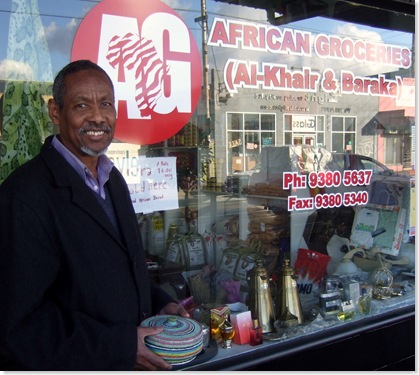There are several days in summer when Melbourne is whipped by scorching northerly winds. They come in across the great deserts of the centre and bake this southerly city. They often bring with them the top soil of the Wimmera, and sometimes even ash from nearby bushfires.
Despite living with the curse – and dread – of this wind, we haven’t yet given it a name. While one-off cyclones are personified, this regular visitor remains anonymous. It’s as thought we haven’t yet settled into the land enough yet to have developed the acquaintance.
In Crikey, an Adelaide vertebrate palaeontologist Jim McNamara nominates the Kaurna word wortabokarra:
In 1840, Teichelmann and Schurmann, recorded its meaning as: "north-west wind; tempestuous weather". They also have bokarra: "northwesterly wind, which is very hot during summer and indicates a storm".
This is more like it.
What are the word's roots?
I am not a linguist, but the same book (available as a copy from Google) tells me that worta means "behind" and karra is the redgum tree with other meanings of high, sky and heaven.
Perhaps one response to the tragedy of Black Saturday would be a finally give this wind a name. If anything, it is likely to become a more regular visitor. It’s time we got onto speaking terms with it.



